detail profile babak karimi

Babak Karimi
بابک کریمی
atau dikenal sebagai
Riwayat Hidup
Babak Karimi (Persian: بابک کریمی, born 1960) is an Iranian actor.
For his role in A Separation, he won the Silver Bear for Best Actor (as part of ensemble) at 61st Berlin International Film Festival in 2011.
Info Pribadi
Peran Yang Di Mainkan Babak Karimi
 A satirical take on the mundane...
A satirical take on the mundane...Terrestrial Verses 2023
A satirical take on the mundane absurdities of life in modern-day Iran, these nine vignettes illuminate the lighter side of enduring under authoritarian rule. Whether choosing a name for a newborn, graduating from grade school, getting a driver’s license, applying for a job, or seeking approval for a film script, if you live in Iran, you best come fluent in Orwellian discourse. Progressing along a rough timeline from birth to death, each story is shot in a static camera angle as a single petitioner negotiates with an authority figure hovering just outside of frame, who is practiced in the language of doublespeak.
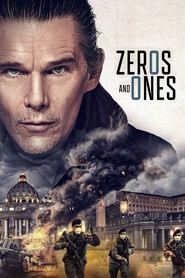 Called to Rome to stop an...
Called to Rome to stop an...Zeros and Ones 2021
Called to Rome to stop an imminent terrorist bombing, a soldier desperately seeks news of his imprisoned brother — a rebel with knowledge that could thwart the attack. Navigating the capital's darkened streets, he races to a series of ominous encounters to keep the Vatican from being blown to bits.
 Forced out of their apartment due...
Forced out of their apartment due...The Salesman 2016
Forced out of their apartment due to dangerous works on a neighboring building, Emad and Rana move into a new flat in the center of Tehran. An incident linked to the previous tenant will dramatically change the young couple’s life.
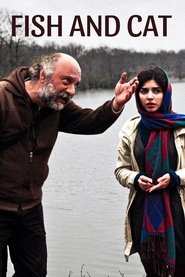 A group of students travel to...
A group of students travel to...Fish & Cat 2013
A group of students travel to a remote region to participate in a kite-flying event. Next to their camp by the lakeside, they find a restaurant with cooks that treat the students with suspicion. Bizarre events lead to a complicated situation, from which the students cannot escape.
 After four years apart Ahmad returns...
After four years apart Ahmad returns...The Past 2013
After four years apart, Ahmad returns to his wife Marie in Paris in order to progress their divorce. During his brief stay, he cannot help noticing the strained relationship between Marie and her daughter Lucie. As he attempts to improve matters between mother and daughter Ahmad unwittingly lifts the lid on a long buried secret...
 Six people struggling with their relationship...
Six people struggling with their relationship...Ex 2009
Six people struggling with their relationship, or lack thereof, cross paths with their respective exes — and discover they might still harbor feelings for each other.
 Pietro is a successful businessman with...
Pietro is a successful businessman with...Quiet Chaos 2008
Pietro is a successful businessman with a wife and a daughter. One day he helps his brother save two women from drowning at the beach. When he returns home he finds that his wife has died. Now Pietro has to take care of his daughter, Claudia. When he drives her to school soon after, he decides to wait for her all day in front of the school, and soon that's what he does every day.
 A train travels across Italy toward...
A train travels across Italy toward...Tickets 2005
A train travels across Italy toward Rome. On board is a professor who daydreams a conversation with a love that never was, a family of Albanian refugees who switch trains and steal a ticket, three brash Scottish soccer fans en route to a match, and a complaining widow traveling to a memorial service for her late husband who's accompanied by a community-service volunteer who's assisting her. Interactions among these Europeans turn on class and nationalism, courtesy and rudeness, and opportunities for kindness.
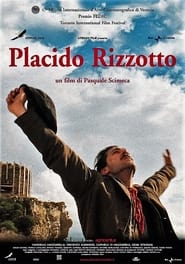 As a child Sicilian Placido Rizzotto...
As a child Sicilian Placido Rizzotto...Placido Rizzotto 2000
As a child, Sicilian Placido Rizzotto saw his father imprisoned for a crime he didn't commit, and as a young man he fought in World War II, first as a soldier and then as an anti-fascist partisan. These events have left Placido with little taste for petty tyranny and with a desire to promote social justice. Upon his return home, he becomes increasingly aware that the Mafia has taken hold of his village, witnessing angry and frustrated as gangsters control local politics and take whatever they want from the people. Placido helps to form a trade union as a challenge to the Mafia's authority, and attempts to organize the villagers into a collective to grow crops in the fields taken by the Mafia.
 Marquise is a drama about the...
Marquise is a drama about the...Marquise 1997
Marquise is a drama about the rise and fall of a beauteous actress. As cheerfully portrayed by Sophie Marceau, the eponymous heroine is an engagingly ribald, but perhaps rather too modern, character. She rises from an impoverished background to become a favourite of the Sun King, Louis XIV, and the mistress of the celebrated Racine, who wrote roles especially for her; but her fate, in the end, is a tragic one.
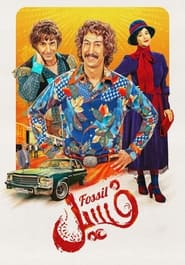 Set in 70s PreRevolution Iran a...
Set in 70s PreRevolution Iran a...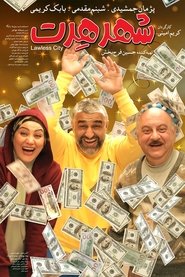 It tells the story of a...
It tells the story of a...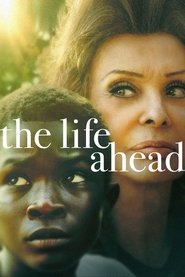 In seaside Italy a Holocaust survivor...
In seaside Italy a Holocaust survivor...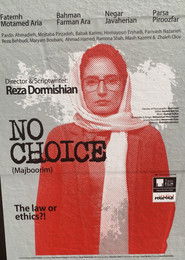 A young homeless girl supports herself...
A young homeless girl supports herself...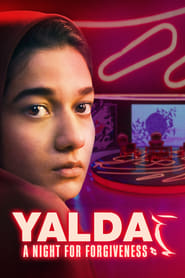 Maryam accidentally killed her husband Nasser...
Maryam accidentally killed her husband Nasser... The suicide of a prominent wine...
The suicide of a prominent wine... Zahira 18 is close to her family...
Zahira 18 is close to her family... An old womans death brings her...
An old womans death brings her...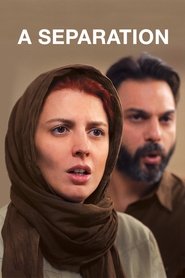 A married couple are faced with...
A married couple are faced with...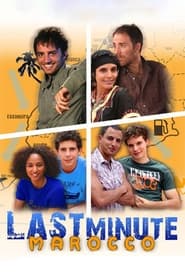 Guided by the spirit of adventure...
Guided by the spirit of adventure...